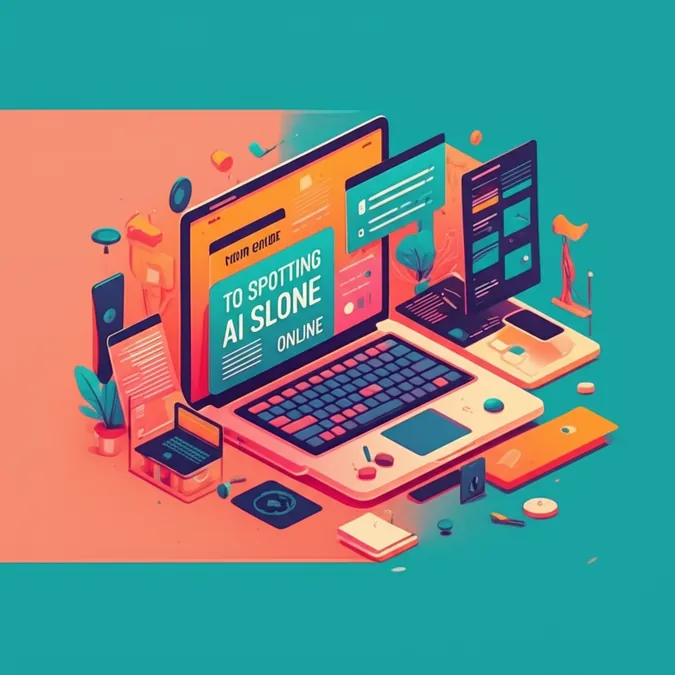Developer Offer
Try ImaginePro API with 50 Free Credits
Build and ship AI-powered visuals with Midjourney, Flux, and more — free credits refresh every month.
How Higher Education Paved The Way For AI Shortcuts
I teach a first-year seminar called Education and the Good Life. The course is designed as a 15-week conversation about making the most of college, aiming to cultivate a lifelong approach to the world. To illustrate this, I recently shared a personal example of how I spend my time.
The Craft of Learning vs The Cult of Efficiency
In class, I projected all 32 drafts of a poem from my latest collection. I walked them through the process, highlighting the crossed-out words, the debates over a single comma, and my deliberate use of the em dash. When I finished, a student in the front row remarked, “That doesn’t seem efficient.”
In response, I quoted Annie Dillard: “How we spend our days is, of course, how we spend our lives.” I spoke about the idea of “craft,” explaining that a dedicated craftsperson not only produces work but is also produced by that work. The time we invest in our projects is what shapes who we become.
I urged the class to view their writing assignments not merely as tasks to be completed, but as investments in their own humanity. “When you give yourself time to use your faculties, you end up changing the dimensions of your mind,” I told them. “You’re changing yourself.” Earning a degree, I explained, is fundamentally a process of becoming.
My students, being smart and socially aware, nodded along, but I could see a hint of skepticism in their faces—a look that suggested my perspective was from a different generation. They didn't need to say a word to make their point: times have changed.
How We Started Measuring the Wrong Things
My perspective is also shaped by my work outside the classroom. For the past 22 years, I have served as a peer reviewer for the Higher Learning Commission, evaluating colleges to ensure their quality. When I began in the early 2000s, the HLC was at the forefront of the national assessment movement. The focus shifted to what students could produce—what they knew and what they could do—as the primary benchmark for institutional success.
This emphasis on measurable cognitive outcomes became the standard for accreditation. The more difficult, qualitative questions about who students become during their education were largely set aside. At the same time, technology like web-based learning management systems made it easier than ever to assess students anytime, anywhere. This new, single-minded focus on outcomes legitimized online institutions that removed physical presence from the equation. The message we sent was clear: the end product matters more than the process of becoming educated. Our students listened and learned.
Reaping What We Sowed The Rise of AI
Now, we have AI. Students can feed a prompt into a generator and receive a complete draft in seconds. Can we be surprised? For three decades, we have acted as if outcomes are all that we value. We have consistently ignored questions about how, where, or with whom students engage in the process of their own formation.
To understand the absurdity, consider athletics. Imagine you are a cyclist. Technocrats will soon create a bot that can ride a bicycle. If you were too busy to ride one day, would you send the bot in your place? Of course not. The point isn’t that a bicycle was ridden; the point is that you rode the bicycle.
Or think of learning an instrument. Imagine you’re a violin student at your final recital. Would it be acceptable to place a Bluetooth speaker on stage and play a recording of the piece you were supposed to perform? No. The purpose is not for the song to be heard, but for you to play it.
An Institutional Blind Spot
Student disengagement is a growing problem on our campuses. Data shows that Generation Z undergraduates are reading less, and when faced with tasks requiring deep thought, they often see technology as a way to maximize efficiency. We can't blame them when our own systems and assessments were built to sidestep the very process we now claim to value.
We built a culture that suggests the finish line is all that matters, and the route taken is irrelevant. Every campus I've visited has an office dedicated to measuring cognitive learning outcomes. I have yet to find one aimed at understanding the quality or transformative impact of the educational process itself.
Rediscovering the Value of the Journey
It’s past time we turned our attention to the process of becoming educated. Fortunately, we don't have to start from scratch. Since 1991, Ernest T. Pascarella and Patrick T. Terenzini have published a comprehensive, three-volume study titled How College Affects Students. Alongside cognitive competence, their work examines psycho-social change, attitudes, values, and moral development.
The era of AI should be our catalyst to broaden our focus from narrow outcomes to the rich, formative processes of education. The literature is there to guide us if we can find the will to ask questions about the quality of the time students invest and the kinds of people they become.
My first-year seminar concludes with a Saturday retreat at a local museum. We celebrate with a potluck. This past year, as we cleaned up, I stood with three students and noted that the handmade dishes were almost all gone, while the efficiently prepared, store-bought items remained largely untouched in their plastic containers.
One student observed, “It’s not just ingredients on a table. How is something made? Who makes it? What kind of time do they spend? That stuff matters.”
I smiled and told her I agreed.
Chad Hanson serves as a member of the faculty in sociology and religion at Casper College in Wyoming.
Compare Plans & Pricing
Find the plan that matches your workload and unlock full access to ImaginePro.
| Plan | Price | Highlights |
|---|---|---|
| Standard | $8 / month |
|
| Premium | $20 / month |
|
Need custom terms? Talk to us to tailor credits, rate limits, or deployment options.
View All Pricing Details

